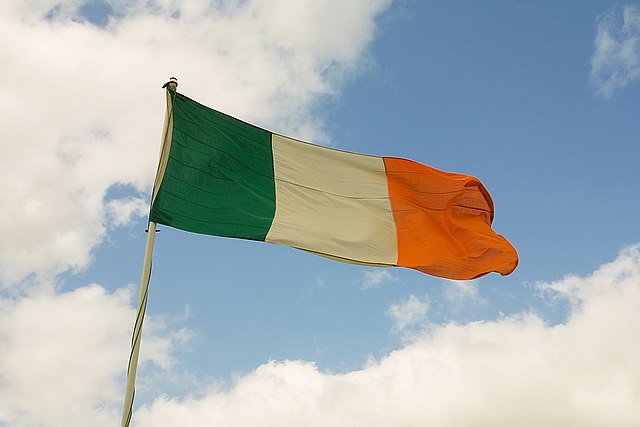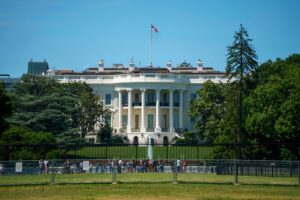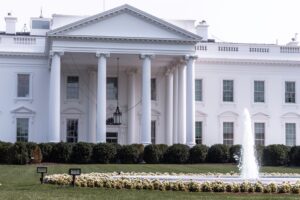I made pipe bombs when I was a kid.
I grew up knowing how to tell a big bomb far away from a small bomb nearby. In bed at night, I often heard the rattle of small-arms fire. Once, I was evicted from a city bus that was then set on fire. The blaze melted a vast strip of tarmac down to gravel.
That was life growing up in Belfast, Northern Ireland – one of the most polarized places on the planet back in the 1970s and well into the 1980s.
Thankfully, no more. This month, “Belfast” is far more likely to make headlines for the eponymous movie’s multiple Oscar nominations than it is for the current anxieties over a post-Brexit border between Northern Ireland and “the South”, as the Republic of Ireland is known in the still-British province.
My point is this: things change – sometimes for the better. They can and they do. Today, it’s hard not to see hope in Northern Ireland. And therein lies a lesson for anyone who believes that America is preordained to come apart at the seams.
Just as a bleakness has blanketed America – a looming sense that perhaps the American Experiment has run its course – so it was 30 and 40 years ago in poor, benighted Northern Ireland. Back then, it was hard for anyone to see hope amid “The Troubles,” the euphemistic label for the violence that so poisoned and paralyzed the province. Not UK politicians “across the water” in Westminster; not pastors or priests; not Americans, bemused by what those wee Irish folks could be warring about; and certainly not the citizens of the province, Green for Republican, Orange for Loyalist, or anyone of any color in between.
But in fact, hope never really went away. People dug in, became inured to the inconveniences and outrages, the shootings and the bombings, the checkpoint searches and the sadness. They went to the pub. They played soccer. They played Gaelic football. Those who could afford it went on vacation – to Majorca, to Torremolinos, and increasingly, to New York and Orlando. They saw how other people lived, and knew that one day, they could live like that too.
But peace also required intent. Hope had to be mobilized by intent. Amid the apathy and acceptance, there were plenty in the province who never stopped proactively pushing for peace. Not just politicians, with their dubious agendas, but citizens and activists and business leaders, all working their channels to push for something better than armed struggle and endless alienation.
It also took intervention. Over many years, US statesmen and women and Irish leaders played pivotal roles in pushing for more than temporary cease-fires. They laid the groundwork for what would eventually become a permanent solution that all parties valued: the Good Friday Accord of 1998.
Arguably and more ominously, though, peace came because of something much bigger – a much darker, broader shadow than the tiny province could possibly cast. When the Twin Towers fell in New York in 2001, and the savagery and fanatism of global terrorism chilled hearts worldwide, the sectarian squabbles in Ulster began to seem petty indeed.
So, in a perverse way, perhaps Russia’s invasion of Ukraine forms that sky-spanning shadow that can put America’s own sectarianism and division in perspective – that can remind all Americans of what they enjoy and what Ukrainians are now losing. And the horrifying specter of nuclear war – now so raw and real again – may be the jolting intervention necessary to remind us of all that we share and hold dear.
We already have the other ingredients that have helped stabilize and soothe Northern Ireland. We have the hope; we Americans are an optimistic people. We also have the intent, as seen abundantly in what Braver Angels and like-minded organizations are pushing so hard for.
So we must never let go of hope. And we must never stop pressing forward with intent. Northern Ireland – indeed, the entire island of Ireland – has demonstrated the power of coming to together to talk rather than continuing to demonize the other side. And just as the lessons of Northern Ireland’s peace process have resonance across the Irish Sea, so can the benefits of civilized, structured discussion extend far beyond America’s own shores.




